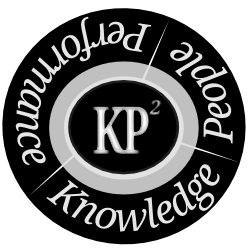I recently had to prepare a poster in order to present my research at the Academy of Management Conference. At the beginning of the process, I ran a little search on the internet and came across a number of really helpful sources which I wanted to share here before I forget about them again 😉
First, I thought about preparing both my oral and a poster presentation with the help of Prezi, a presentation tool I have introduced before. Although I quickly decided against that, my query actually led me to the first excellent source of information, a blog post entitled Technology Tools for Academics: Prezi by Lavanya M Proctor. Besides a nice review of the software, Lavanya refers to a Prezi on poster design by Sarah Walkowiak which I have embeded below.
Another rather humorous set of instructions is provided in a blog post entitled Designing conference posters by Colin Purrington. Colin included a section on software tools for poster presentations which quickly led me to discover Postergenius.
The American Psychological Association has also published a manual called Displaying Your Findings: A Practical Guide for Creating Figures, Posters, and Presentations, the reference to which I have included below. I ordered a copy through our library and really like the chapter on poster design. Last but not least, I’d like to mention eposters.net as a place for you to store your work upon completion and a way to share your ideas with rest of the world.
Please feel free to add other relevant sources in the comment section below.
References:
Nicol, A. A. M., & Pexman, P. M. (2003). Displaying Your Findings: A Practical Guide for Creating Figures, Posters, and Presentations. American Psychological Association.

